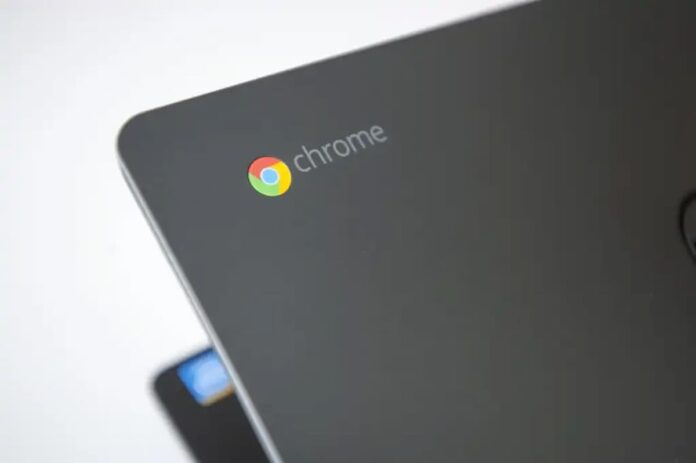When Chromebooks were first introduced in 2012, they revolutionized personal computing by offering an affordable option that made technology accessible to more people. Their impact was particularly significant in the education sector, where they provided schools with secure, user-friendly devices that didn’t break the budget. In fact, Chromebooks have become the primary choice for K-12 education worldwide.
Furthermore, they are an environmentally sustainable choice with a focus on recycled materials and repair programs that promote longevity.
In this article, we’ll explore the latest developments in Chromebook technology, highlighting their 10-year automatic update commitment, sustainability efforts, and efficient repair processes.
10 Years of Automatic Updates:
Security is extremely important in today’s digital world, and Chromebooks take it very seriously. These laptops get automatic updates every four weeks, which not only makes them more secure but also makes them last longer.
And here’s the big news: beginning next year, Chromebooks will get automatic updates for an impressive 10 years from the time their platform is released, which is a groundbreaking industry standard. This dedication guarantees that your Chromebook stays secure, reliable, and packed with features for a much longer time.
To make sure these updates work smoothly with your Chromebook, Google collaborates with component makers like the processor and Wi-Fi providers. They will carefully create and test the software for each Chromebook. Even if you have a Chromebook from before 2021, there will be a choice to extend automatic updates for up to 10 years from the platform’s release, so even older devices can enjoy this extended support.
Even when a Chromebook no longer receives automatic updates, it doesn’t compromise on security. Features like Verified Boot ensure that the device performs a self-check at every startup. If any tampering is detected, the Chromebook will self-repair, restoring itself to its original state.
More Energy-Efficient and Sustainable Chromebooks:
Sustainability is a primary focus, both in the hardware and software realms. Google is rolling out new, energy-efficient features for most compatible platforms. These include Adaptive Charging, which helps maintain battery health, and Battery Saver, which lowers power consumption during resource-intensive tasks. These improvements promote a more eco-friendly computing experience.
In collaboration with leading manufacturers such as Acer, ASUS, Dell, HP, and Lenovo, Google is dedicated to creating more eco-friendly Chromebooks. This commitment involves using plastics sourced from the ocean, recycled materials from consumers (PCR), packaging that can be recycled, and manufacturing processes that emit low levels of carbon. In just the last year, manufacturers have introduced 12 new Chromebooks with PCR materials and parts that can be repaired, making them even more environmentally friendly.




